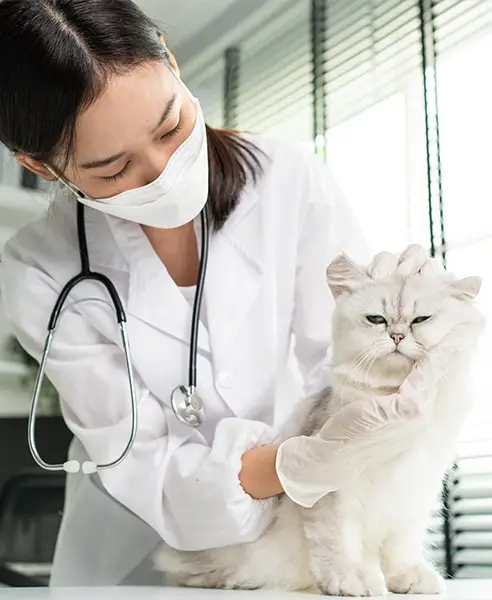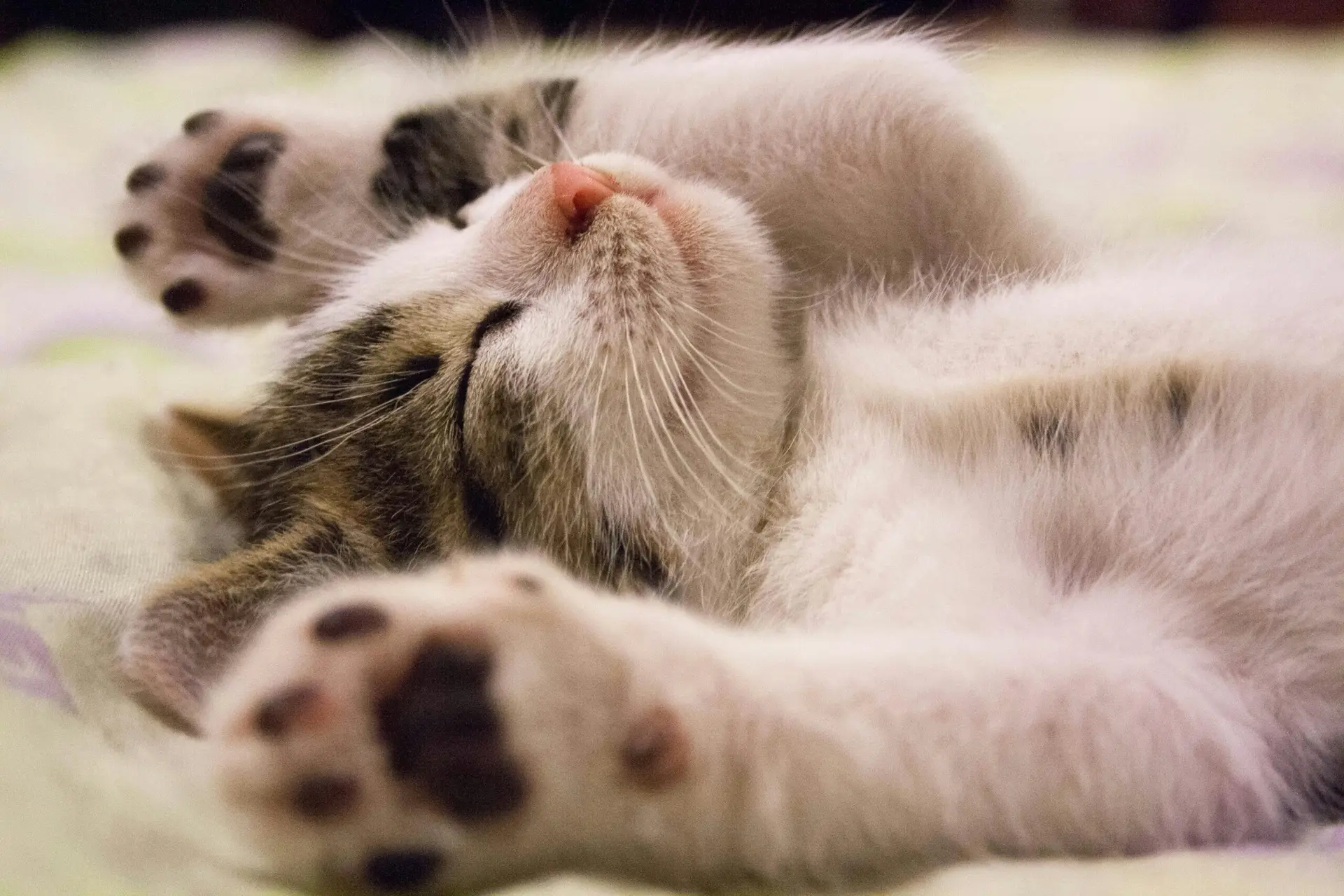Every cat owner understands the significance of keeping their feline friend in prime health. The question becomes, does your cat need urgent care, and if so, what do you do? In this week’s blog, we will help you understand how to differentiate between a mere hiccup and a real cause for concern.
Recognizing the Signs
Cats are known for their stoic nature, often hiding their discomfort or pain. This makes it even more essential to know what to look for. From sudden changes in behavior to physical symptoms, here’s a breakdown of urgent care signs.
- Appetite Changes: If your cat suddenly loses interest in food or starts consuming excessive amounts, it might be time to Call the Vet Urgently. Such drastic changes can indicate underlying issues like dental problems, kidney diseases, etc.
- Difficulty Breathing: If your feline shows labored breathing, it indicates respiratory issues and warrants an immediate vet visit.
- Lethargy and Withdrawal: While it’s natural for cats to enjoy their solitude if you notice your furry friend spending more time alone or exhibiting signs of fatigue, it’s worth getting them checked out.
- Visible Trauma: Any sign of injury should prompt an immediate call to the Vet.
Remember, just like when you noticed the 7 Warning Signs Your Dog Needs a Vet: Don’t Ignore These, it’s crucial not to overlook these signs in your cats either.
Seeking Professional Help
When in doubt, always seek the advice of a professional. Veterinarians have the necessary experience to identify symptoms that may go unnoticed by even the most observant cat parents. Trust your instincts when you feel it’s time to call the Vet urgently.
Proactive Measures
Always attend regular vet appointments to ensure your cat remains in peak health, even if everything seems fine. This proactive approach can help detect issues in the early stages and lead to more effective treatments.
Unusual Vocalizations
While cats are known to meow, purr, or even hiss occasionally, if you notice any out-of-the-ordinary vocalizations, such as prolonged crying, it’s a clear sign something might be amiss. Whether it’s due to pain, distress, or some internal discomfort, unusual vocal patterns suggest it might be time to Call the Vet Urgently.
Bathroom Irregularities
Monitoring your cat’s litter box habits can provide a lot of insights into their health:
- Blood in the Litter Box: Discovering blood in your cat’s stool or urine should raise an immediate red flag. This could indicate conditions ranging from urinary tract infections to more severe disorders.
- Frequent Litter Box Visits: If your cat starts visiting the litter box more frequently but produces little to no urine, it might struggle with a urinary tract issue, a more common problem in male cats.
- Constipation or Diarrhea: Persistent constipation or diarrhea lasting more than a day is another urgent sign. These could result from dietary issues, infections, or even intestinal blockages.
Sudden Aggressive Behavior
Cats might occasionally get moody or irritable, but if your usually gentle feline shows sudden signs of aggression or extreme fear without apparent reason, this behavioral change might be rooted in pain or discomfort. It’s essential to approach such situations carefully and consider consulting the Vet.
Drastic Weight Changes
Just like with appetite, significant weight changes can be a strong indicator of underlying health issues. Rapid weight gain can be just as concerning as sudden weight loss. Both situations warrant a visit to the Vet to check for potential conditions like diabetes, thyroid issues, or digestive problems.
Grooming Changes
Cats are meticulous groomers. However, if you notice:
- Over-grooming: This results in bald patches or skin irritations, possibly due to allergies, parasites, or even stress.
- Neglecting Grooming: This leads to a matted and dirty coat; it could be a sign of pain, discomfort, or some underlying illness.
Understanding Feline Behavior is crucial for every cat owner. It aids in discerning when these changes are just a passing phase or an indicator to Call the Vet Urgently.
Image Recommendation: An infographic illustrating various signs a cat may show, such as over-grooming, frequent litter box visits, and unusual vocalizations, each with a visual symbol representing the issue.
Understanding Feline Behavior
Being a responsible cat owner requires diligence and attention to your feline’s behavioral and physical changes. Cats often communicate subtly, and understanding these cues can be the difference between timely medical intervention and prolonged suffering. Always remember, when you suspect any abnormalities, it’s better to be safe and call your Vet urgently. After all, our pets rely on us to ensure they receive the care and attention they deserve.
The Cat Health Network is a comprehensive resource that offers valuable insights into feline health issues. Stay informed and always prioritize your cat’s well-being.




